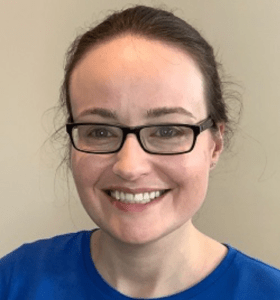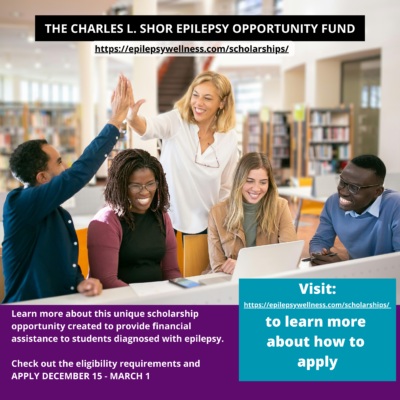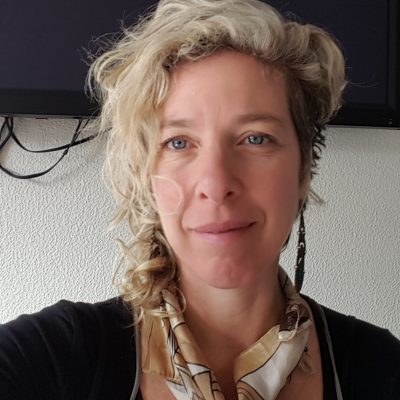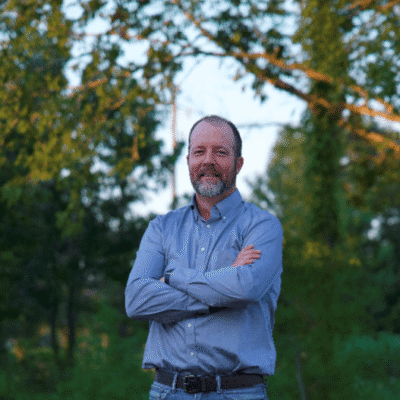 Torie’s Story
Torie’s Story
Epilepsy research excites me. Thankfully, after a temporal lobe resection, I can get excited without worrying so much that it causes a seizure.
I’ve had epilepsy for most of my life, and now I have made it my career and my purpose to bridge the unnecessary, unproductive communication gaps between clinicians, scientists, patients, and caregivers.
My love of research and science
I’ve always loved the sciences. In fact, I’ve developed a particular interest in neurology and neuroscience. Over the last few years I’ve been able to slip gently into my passion of proactive communication regarding epilepsy. Stepping outside the role of patient and into the role of advocate can be really tough to do but there is an incredibly inspiring and remarkable world of research in epilepsy and its associated afflictions.
Talking to cool neurologists, scientists, and researchers who want to share their work with us truly provides a sense of logical hope. There is a real, meaningful purpose to their work, and I wanted to create a platform to hopefully spark some hope in others as well. It was from this hope and knowledge that Epilepsy Sparks was born.
Epilepsy Sparks
The site, epilepsysparks.com, was designed to bridge the bridge the gap between patients, neurologists, and scientists. Here are a few highlights on Epilepsy Sparks:
Dr. Simon Keller, Liverpool BRAIN Lab, Liverpool University, UK
Dr. Dana Simmons, Brain Art, Neuroscientist, Chicago, USA
Epilepsy Glossary
It’s hard to keep track of all the terms we’re “supposed” to know. Understanding I wasn’t alone in remembering all of the definitions and acronyms, I created the Epilepsy Sparks glossary.
Up-To-Date Epilepsy
Many of us want to know what clinicians and scientists were up to, so I created the Epilepsy Sparks Insights podcast, which features interviews with inspiring leaders in the fields of epilepsy, epilepsy research, neuroscience, and epilepsy care.
I confess I’m frequently thinking, “OMG, I feel so stupid!” when I meet so many beautifully inspiring and intellectual people, but I work on reassuring that inner voice we can all learn more. These people are giving us hope for the future. They see the value in communicating with those affected by epilepsy outside of their intellectual, clinical sphere. We should invite them into ours.
The Inside Scoop
I couldn’t be the only person valuing the empirical method, right? We need to have doctors and scientists help put answers to our questions in laymen’s terms. Experts are featured on the Epilepsy Sparks Blog. Through this process, I discovered there is an incredible number of professionals contributing to the treatments and care for people with epilepsy, yet we aren’t always aware of these impactful contributors. To help bridge this gap, their information is also included in the glossary.
Getting the Word Out
I’ve always been open about my epilepsy, so I started doing speaking engagements. I enjoy imparting personal and professional knowledge and experience of the worlds of neurodiversity, mental health, and diversity and inclusion. Many people are interested in learning more, and I enjoy engaging with an audience as a part of the incredible value of it long-term to all society.
Thinking long term
Ultimately my goal is to create positivity around epilepsy. I was fed up with the negativity forced on us by epilepsy, so I wanted Epilepsy Sparks to be constructive and positive – like “The Happy News of Epilepsy!” It’s been refreshing to collaborate with organizations sharing a similar ideology, like Living Well With Epilepsy. By working together, we achieve even more at the community and international levels.









Lauren Alexandra Brunell
Very inspiring! You’re so brave to have gone through that surgery and epilepsysparks.com is much needed. The gap between patients, neurologists, and scientists is far too wide!